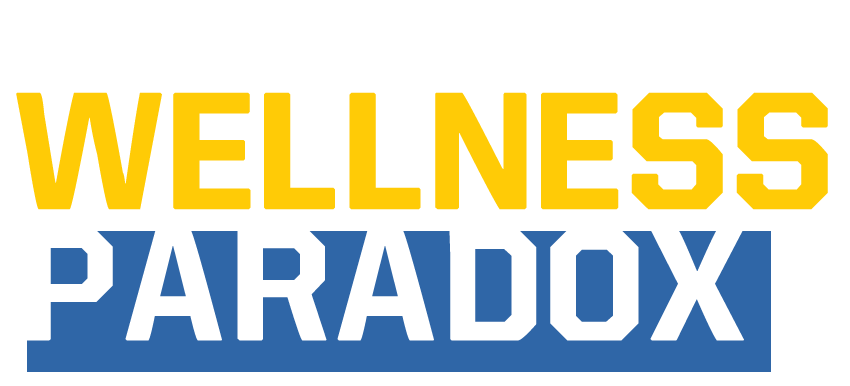Personal Trainer and Fitness Coach look like interchangeable terms, but looks can be deceiving. If looking to help clients with long-term, lasting improvements in their health and fitness, in a way that fits sustainably into their lifestyle, you need be an exercise professional that has evolved from just merely a Personal Trainer to a Fitness Coach. In this article I’ll unpack why understanding this important distinction is critical if you’re serious about making a positive, and lasting changes in your clients’ health. Okay, so what is a Personal Trainer? According to the Bureau of Labor Statistics: “trainers and instructors lead, instruct, and motivate individuals or groups in exercise activities.” That sounds good, but also pretty generic. The American Council on Exercise goes slightly further by saying Personal Trainers have: “relevant skills to design and apply unique exercise programs based on your clients’ goals, abilities and needs.” Now we’re getting somewhere, as...
Most people know they should exercise more. In fact, most people even have a basic idea of what they should be doing for exercise. The challenge is less knowing what to do, and more doing what we already know. This knowing-doing gap can be closed off by a great Fitness Coach that truly understands their client’s needs goals. If you struggle with helping your clients stick to your exercise routine, and are looking to build the skills to help them establish consistency in order to achieve their goals, read on to learn how a skilled Fitness Coach can keep their clients on track. WHAT IS A FITNESS COACH? Before we explore how a Fitness Coach helps hold you accountable, we first have to establish what a Fitness Coach is. There is a big difference between a Personal Trainer and a Fitness Coach (as discussed in this article: Evolving from Personal Trainer to Fitness Coach ). Understanding how a Fitness Coach works is at the heart of the way they hold clients accountable. The most important...






